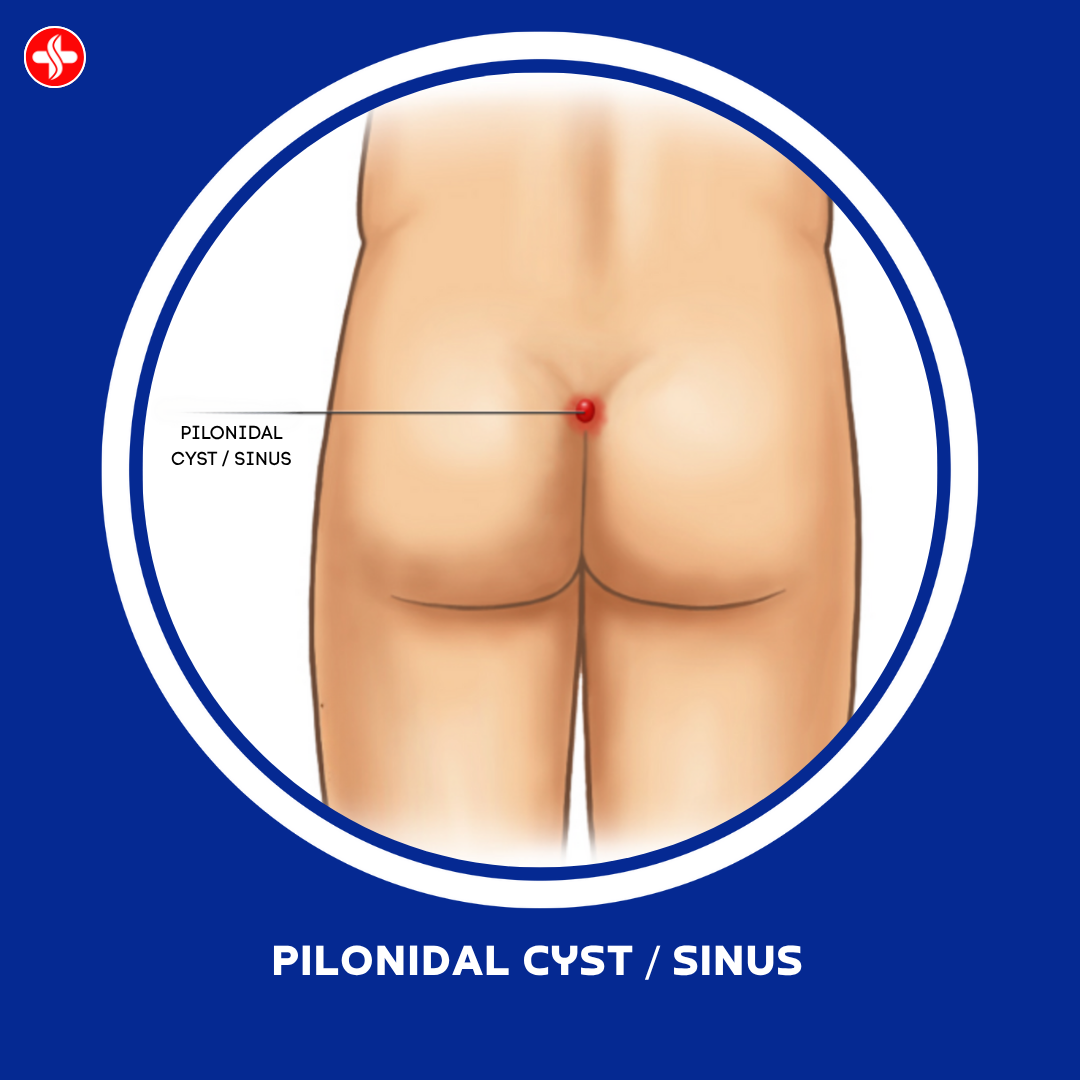Introducion –
Appendicitis is a condition that occurs when the appendix, a small, finger-shaped organ located on the lower right side of your abdomen, becomes inflamed and swollen. If left untreated, it can lead to serious complications. Recognizing the symptoms of appendicitis is crucial for seeking prompt medical attention. In this blog post, we’ll explore the common signs and symptoms of appendicitis, helping you understand when it’s time to seek medical help.
1. Abdominal Pain
One of the hallmark symptoms of appendicitis is abdominal pain. Initially, the pain might be vague and difficult to pinpoint. It usually starts around the navel and then migrates to the lower right side of the abdomen, becoming more intense over time. The pain may worsen with movement, coughing, or sneezing.
2. Loss of Appetite
As appendicitis progresses, individuals often experience a loss of appetite. They may feel nauseous or have an aversion to food. In some cases, this may be accompanied by vomiting, particularly if the condition is left untreated.
3. Fever and Chills
An infection in the appendix can lead to an elevated body temperature, resulting in fever and chills. If you notice that you have an unexplained fever along with abdominal pain, it could be an indication of appendicitis.
4. Swelling and Tenderness
Inflamed appendices can cause localized swelling and tenderness in the lower right abdomen. Gently pressing on the area may elicit pain, a symptom known as “rebound tenderness.” However, it’s crucial to remember that applying pressure to the abdomen should be done cautiously, and a healthcare professional should perform this examination.
5. Changes in Bowel Habits
Appendicitis can lead to changes in bowel habits. Some individuals may experience constipation, while others might have diarrhea. You might also notice a change in the frequency of bowel movements.
6. Sharp Pain on Movement
As appendicitis progresses, the pain can become more severe and sharp, particularly when making sudden movements or coughing. This is a crucial symptom to be aware of, as it often indicates that the condition is advancing and requires immediate medical attention.
7. Painful Urination
In some cases, the inflamed appendix can irritate the bladder, leading to discomfort or pain during urination. This symptom can sometimes be confused with a urinary tract infection, so it’s important to consider it in the context of other symptoms.
8. Elevated White Blood Cell Count
A blood test may reveal an elevated white blood cell count, indicating that the body is mounting an immune response to an infection. This can be a useful diagnostic tool for healthcare professionals in conjunction with other symptoms.
Conclusion
Recognizing the symptoms of appendicitis is crucial for seeking timely medical attention. If you experience abdominal pain that migrates to the lower right side, accompanied by other symptoms like fever, loss of appetite, or changes in bowel habits, it’s important to consult a healthcare professional immediately. Remember, early intervention can make a significant difference in the outcome of this condition. Always consult a healthcare provider for accurate diagnosis and treatment.




